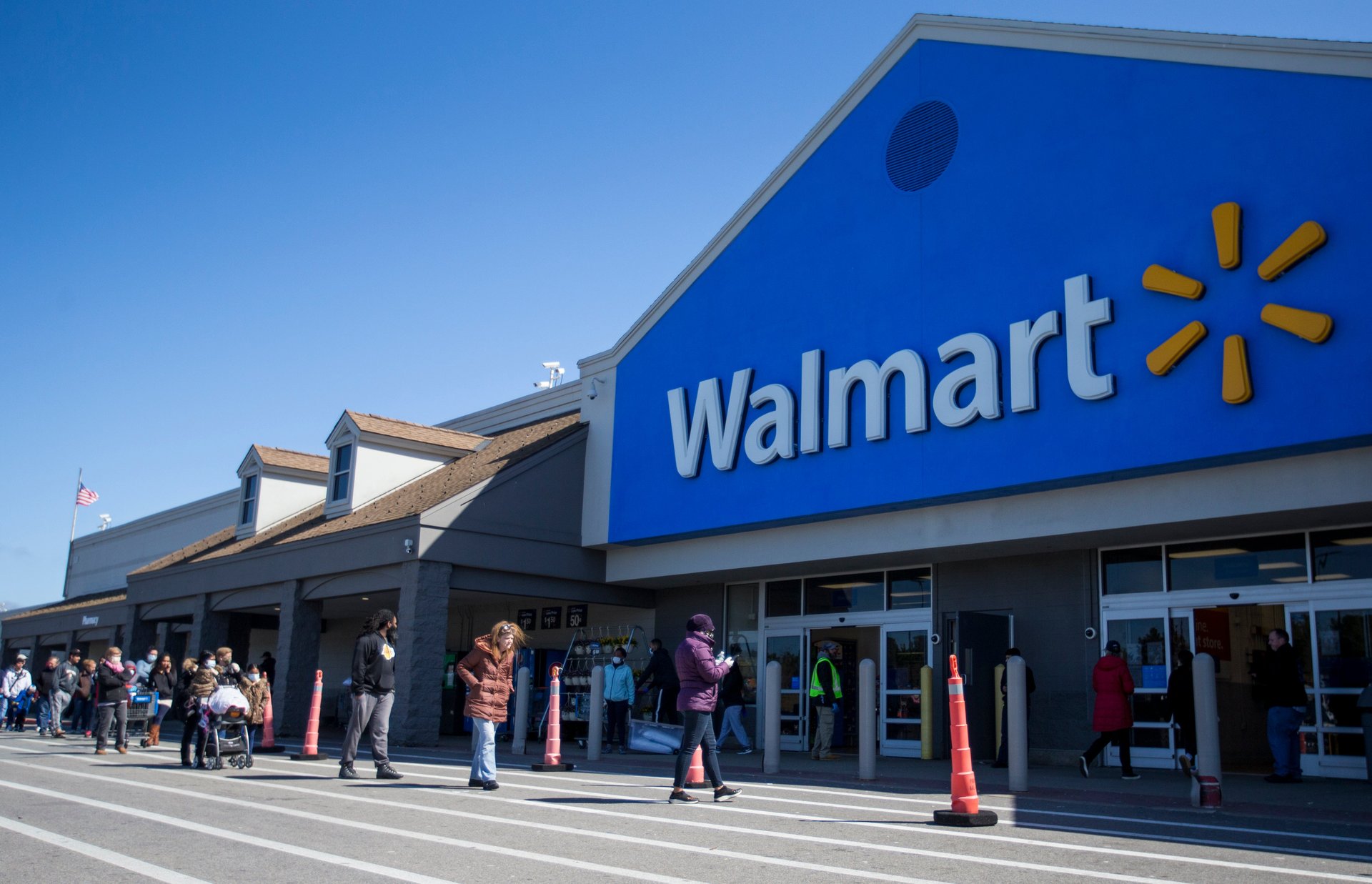Walmart says Trump's tariffs could mean higher prices
A Walmart executive's comments reflected mounting concern across the retail industry

Walmart (WMT) may have no choice but to raise prices on certain items if proposed tariffs on imports are enacted under President-elect Donald Trump’s administration, according to a company executive.
Suggested Reading
John David Rainey, Walmart’s CFO, recently discussed the potential impact of tariffs on the company’s “everyday low prices” model with CNBC. During the interview, Rainey acknowledged that consumers could see some price hikes if tariffs are enacted. “We never want to raise prices,” he said, “but there will be cases where prices will go up for consumers.”
Related Content
Trump’s tariff proposals would impose a 10% to 20% tax on imports from all countries, with more severe duties of 60% to 100% on goods from China.
Rainey’s comments reflect mounting concerns across the retail industry. Companies that rely heavily on imported goods are grappling with similar uncertainties about how the tariffs could affect prices.
In September, AutoZone (AZO) CEO Philip Daniele warned investors during the company’s earnings call that tariffs could lead to prices increases. “If we get tariffs, we will pass those tariff costs back to the consumers,” Daniele said.
Meanwhile, Home Depot (HD) CFO Richard McPhail told CNBC (CMCSA) the retailer was “closely watching” the situation and considering alternative sourcing outside of Asia.
Lowe’s (LOW), too, is preparing for potential fallout. During the company’s Nov. 19 earnings call, CEO Marvin Ellison said Lowe’s is “waiting to see what happens when the Trump administration actually takes office in January.” He noted that the retailer had already put processes in place during the first Trump administration to manage tariffs.
During the same earnings call, Lowe’s CFO Brandon Sink said that the home improvement giant imports “roughly 40%” of its products, meaning that higher import costs would inevitably trickle down to shoppers.
“As we look at potential impact, certainly it would add to product costs,” Sink said.
If tariffs are implemented, it could result in a loss of $46 billion to $78 billion in purchasing power for Americans each year, according to the National Retail Federation (NRF). On average, households might face an extra $7,600 in costs annually, with the biggest burden on lower-income households.
As retailers brace for potential changes, Walmart, Lowe’s, and others are preparing for a range of scenarios, though the exact details remain unclear. For now, executives like Rainey and Sink are analyzing the potential cost implications, all while anticipating how trade policies might evolve under a new administration.
“We believe we’re well prepared to respond when and if it does happen,” Sink said.
